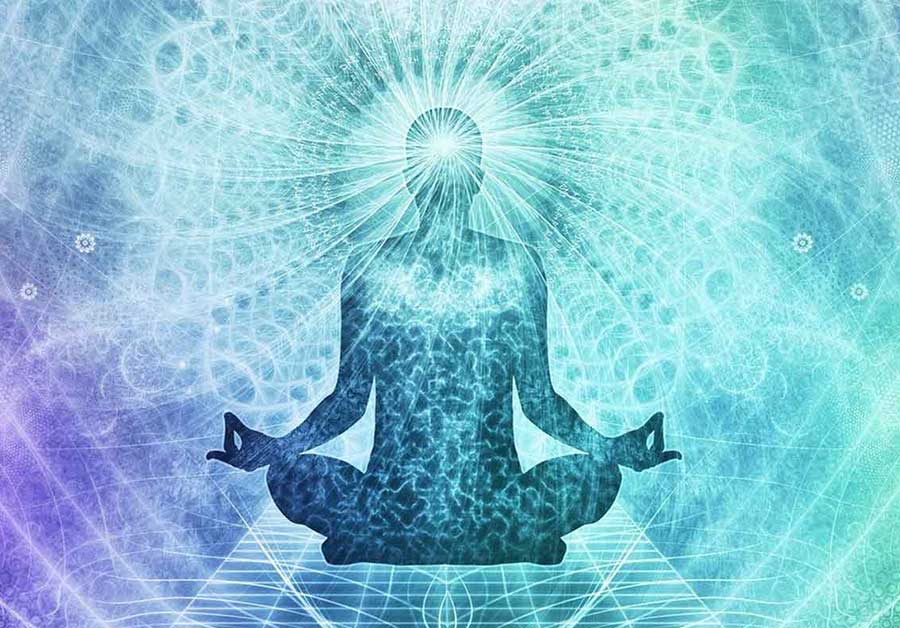LIFE IN THE UK
CONTEMPORARY OR MODERN?
Are you thinking, what does this title have to do with our way of lifestyle?
Or, are you wondering if this article headline is appropriate?
Yes, it is appropriate to name this write up as ‘Religion Vs Science’. Since religion and science in the west never went hand in hand.
Take the Italian scientist Galileo, who proposed and proved that our planet earth revolves around the sun. For this, he was attacked and nearly put in jail since his theories contradicted the holy books of modern religion. When the radical thinking philosophers and logical inventors uprooted the beliefs of flat earth of major religions with their solar centric proofs, they were mocked for centuries.
Not just Galileo, there were many more philosophers and visionaries who faced persecution and death threats for being scientific and logical in search of a better and modern world.
What about the East then?
Read on…
Contrary to the argument of religion vs science, in the East, particularly in Dharmic heritage it is always considered religion AND science. The great rishis and munis of Hindu Dharma not only practised science but also researched, taught and developed many branches of science.
From Shushruta to Vagbhata and from Charaka to Aryabhata, the sages and dharmic saints of Hindu civilization contributed to science through their writings and teachings.
Who can ignore the tremendous benefits of Yoga for our physical and mental health? The beauty of yogic life is - it also helps protect the planet earth.
Eternal Dharma not only preached scientific ‘sutras’, but created a system of habits or ‘Acharas’ in Dharmic lifestyle. Practising these traits one can achieve ultimate health, happiness and a sense of balance between humans and nature.
This is discovered in decades of modern research and trials on groups of people.
Sushruta: Known as the father of surgery and considered as the world’s first plastic surgeon, Sushruta was a great sage of around 700 BCE. His writings in Sushruta Samhita were praised around the world for its detailed approach to surgery and Ayurveda practices.
Charaka: The greatest physician and father of Ayurveda, the ancient science of medicine, Charaka was also a vedic scholar from the region of Kashmir. His writings in Charaka Samhita form the major part of Ayurvedic text and are still referenced for its authenticity and proven goodness for human health and wellbeing.
Vagbhata: The third pillar of Ayurveda who lived in the 6th century and a devout disciple of Charaka, Vaghbhata wrote 7000 sutras for a healthy and happy life. His famous saying is important and still valid: 85% of diseases can be cured by practicing Ayurvedic principles and getting awareness of your own body. Only 15% of illnesses need a professional doctor. According to Rajiv Dixit, a social reformer of modern India, Vagbhata lived for over 150 years and researched all his 7000 sutras on his own body.
Aryabhata: The greatest mathematician of Bharat who invented ‘zero’ was indeed a vedic scholar and a dharmic personality who practised and preached Hindu way of life. His contributions towards the science of numbers greatly enhanced and simplified the way complex mathematical challenges were solved. Again, there was no mockery of his works or death threats to him Hindu religion heads or practitioners.
If your roots are in Bharat and living in the west for a better life and professional goals, you might sometimes feel getting connected back to our ‘desi’ lifestyle. Simply for a ‘change’ or to relive the childhood memories of our hometowns.
To do this we may embark on holidays to visit our families back in Bharat or visit our cultural and religious centres in Britain.
Celebrating festivals is another way of getting to better know our roots. Our Shri Krishna Mandir’s festival celebrations bring the whole community together. The cultural activities and religious performances earmark the relevance and scientific meanings behind each festival we celebrate here in the UK.
Please come and join with your friends and families so that our future generations can learn the hidden message behind these eternal Dharmic celebrations.
Being proud of your ancient and still relevant Dharma is not enough in this challenging and modern lifestyle of western world. It is also essential to learn our itihasa (Dharmic history) and its application to our day to day life for a greater health and happiness.
Our mindset of mythology towards our great traditions and holy books should be eradicated and start a fresh thinking of scientific application of our teachings and practices.
Our Mandir is a great place to begin your quest and to discover your age-old principles that are so much pertinent to both your material and spiritual aspirations.
From religious rituals to festive feasts and cultural plays to mindful meditations, all the buzz is happening at our Mandir cultural centre.
There is no hesitation to say that Hindu Dharma in our West Midlands is not only ancient, but also contemporary!
See you there.

